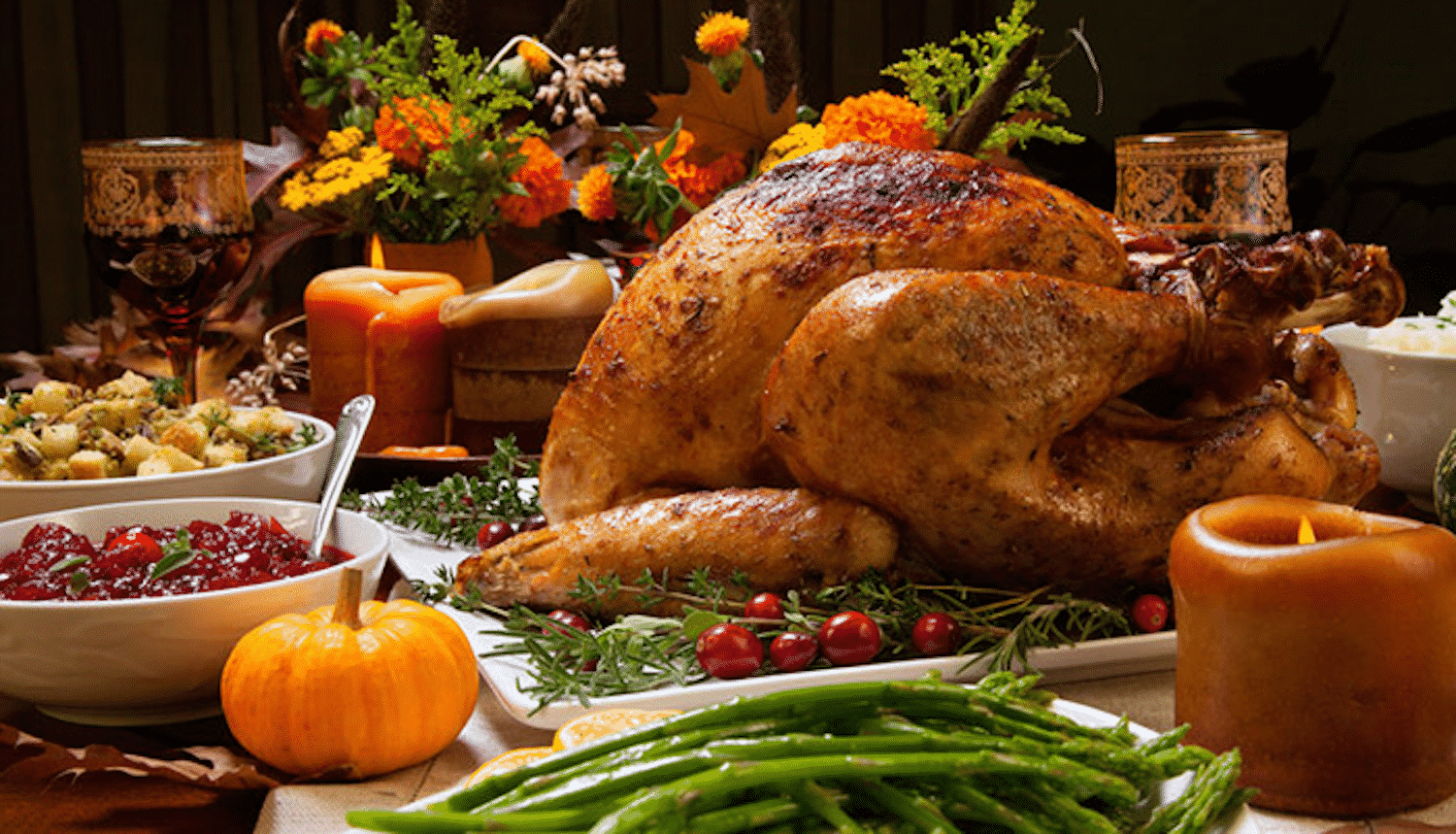
Setting aside the purely commercial aspects of harvest decorations and TV commercials featuring cute turkeys and cartoon characters in Puritan outfits, Thanksgiving’s acknowledgment of earth’s bounty and the value of kindness towards others is a welcome departure from our customary year-long celebration of acquiring more stuff. The mythology of Thanksgiving promotes gratitude, appreciation for both the little and large things that life and the society of others provides; it’s my favorite holiday.
That said, free turkeys and hot meals selflessly offered to the homeless or poor stand in stark relief to other acts of charity made simply for tax deductions or name recognition, what I call the celebration of Thanksgetting. Getting thanks is for many the whole point in giving. The biggest bidders at wine auctions or other fund-raising events find themselves in photo spreads of glossy “lifestyle” magazines extolling the generosity of plopping down $23,000 for a bottle of grape juice. The juice, of course, is secondary to its fine bouquet of public recognition.
We’re a strange nation of generous wealth, an activity that in earlier times was referred to as “noblesse oblige” – the obligation of the wealthy. As our hourglass economy continues to further enlarge disparities of wealth and poverty, so giving and getting thanks have grown in proportion. Our non-profits, struggling to fill the yawning gaps in our social safety-net programs, become addicted to the charity of big donors and endure the rigors of planning, staffing and orchestrating huge events designed to generate ever-larger amounts of money. Ultimately these non-profits offer good works to others, but their economic dependencies are also enabled by wealthy donors who may have other fish to fry. By joining non-profit boards do such donor’s charitable contributions drive organizational policy? Does financial donor largesse muzzle board-member dissent and create a mere appearance of solidarity? If so, non-profits become mere instrumentalities, tools of influence and manipulation used by the wealthy and powerful to increase their own wealth and power.
None of this is new, of course. Plutocrats of the past, having often made their fortunes through scheming, scamming, intimidating, price-fixing, monopolizing, influence-peddling and other such activities, frequently turned to charity to enhance their public-image. Joseph Kennedy, for example, father of JFK, made his fortune as a bootlegger during Prohibition but later transformed himself and his family into generous scions of high-society. Industrialist Andrew Carnegie all but cornered the steel market but altered his public image by using charity to fund the development of libraries.
None of this would be possible without Thanksgetting. Local to national in scope, when it comes to thanks, not much giving would happen without the getting, and our media apparatus is perfectly attuned to this reality. Accordingly, the propaganda of wealth and charity converge within a seamless mythology extolling the benefits of both to society. Lost in this narrative are issues of mutual enabling in the presence of persistent poverty, without which neither wealth nor charity would exist.
Thanksgiving and Thanksgetting, therefore, establish a perfect symmetry within our capitalist system. Seen conventionally, their relationship appears an appropriate pairing of generosity and recognition. At a deeper level, however, this symmetry masks the institution of a permanent underclass-of-need, a socio-economic structure which simultaneously supports the super-rich who have helped create it and the charity-based nonprofits which depend upon it.